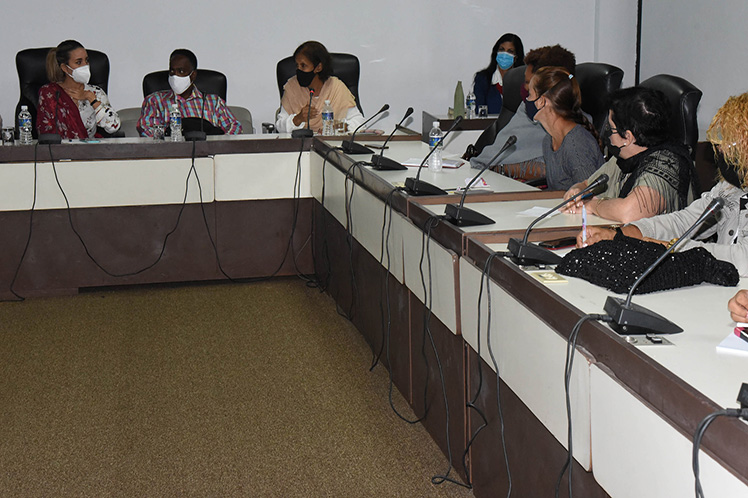Speaking at the International Congress of Children, Adolescences and Youth, DSc. María del Carmen Zabala praised the approval of the 2019 document and implementation of a series of cross-sector actions.
Ms. Zabala, researcher at the Latin American Faculty of Social Sciences (FLACSO, in Spanish) and member of the Government plan’s advisory team, insisted on challenges of this issue in Cuba, tackled by the historic Cuban leader Fidel Castro.
Although Cuba´s Black and Mulatto people have been benefited by the country’s public policies “they have not been able to take full advantage of them since they have shown disadvantageous starting points”, hence the significance of Cuba´s first program, she stated.
The specialist calls for the principles supporting this strategy including equity and social justice, the need to repair social disadvantages, personal autonomy and sensitivity to diversity, among others.
Ms. Zabala insisted Cuba´s program has been nourished by talks between academia and decision-makers; however, it really requires greater articulation in the territorial sector, as well as more heterogeneity in its proposals, taking into account different starting points.
mh/pll/jha/lrg










